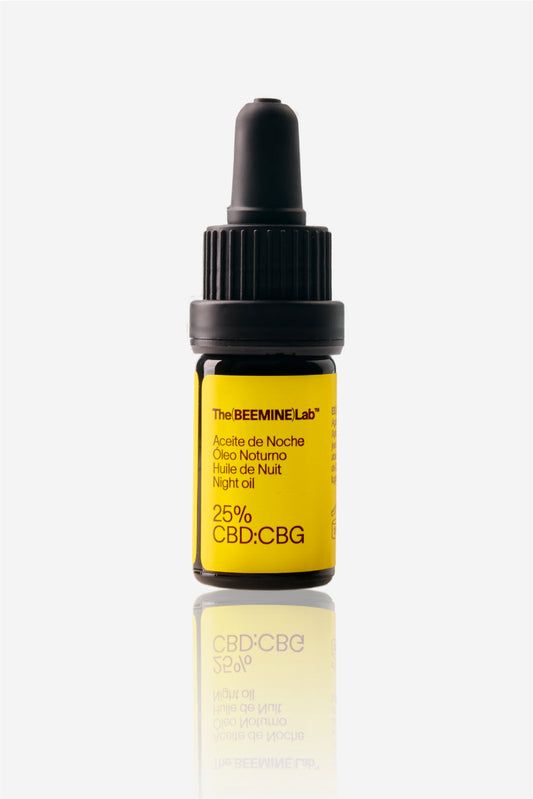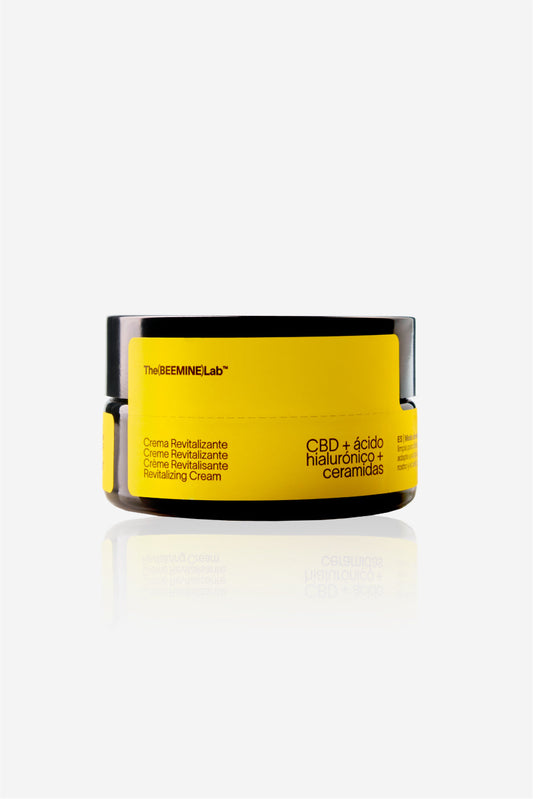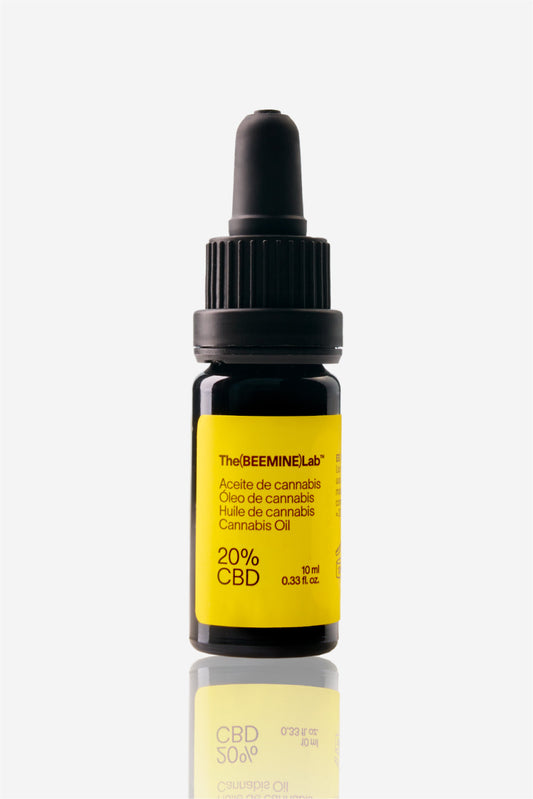Today we are going to explain what CBD is.
WHAT IS CBD OR CANNABIDIOL?
Cannabidiol (CBD) is a cannabinoid , a natural compound from the Cannabis Sativa L. plant. Unlike THC, CBD has no psychotropic or addictive effects . It interacts with our endocannabinoid system , promoting the well-being and natural balance of our body.
What is the regulation of CBD in Spain?
The World Health Organization (WHO) declared in 2020 that CBD is a harmful and non-addictive substance that can be used to treat different diseases. Therefore, they ask that it not be classified as a drug.
In Spain, the drug inspection and control department of the Spanish Agency for Medicines and Health Products (AEMPS) is able to grant an authorization for the marketing of this substance. This means that the sale of CBD is regulated by official bodies and that, therefore, its marketing is legal in the country. This marketing is governed by certain regulations:
- It can only be marketed at a topical level. That is, the sale of creams, shampoos, lotions and oils made from cannabidiol is completely legal.
- The CBD-based product must not contain more than 0.2% THC.
- It is not legal to market CBD in food format.
Currently, cannabidiol can only be sold if its THC level is below 0.2%. This may change in the coming years, since in 2020 the Health Commission of the Congress of Deputies created a subcommittee to regulate the use of cannabis for medicinal purposes.
What are its properties?
The most important therapeutic properties of CBD, demonstrated with varying quality of evidence, are:
- anti-inflammatory
- analgesic
- neuroprotective
- anticonvulsant
- antioxidant
- anti-nausea and antiemetic
- antitumor
- anxiolytic
- antipsychotic
- Reduces cravings for heroin, cocaine and alcohol
- immuno-modulator
Although these are the main properties, there are other studies that associate the use of CBD with improved sleep, better healing or a reduction in blood pressure. However, in all these cases further research still needs to be carried out.
These properties make CBD used in the treatment of diseases such as anxiety, insomnia, metabolic syndromes, neurodegenerative diseases, autism or chronic inflammatory diseases such as chronic polyarthritis, Crohn's disease or inflammatory bowel disease.
Can CBD cause addiction?
No. Cannabidiol (CBD) is a chemical found in marijuana, but it does not contain tetrahydrocannabinol (THC), the psychoactive ingredient found in this plant that causes psychotropic effects on our nervous system. Therefore, it is important to highlight that CBD and THC are not the same, but rather two different types of cannabinoids among the 113 found in cannabis.
However, the consumption of CBD in therapeutic doses can produce adverse effects, generally mild to moderate, presenting a feeling of tiredness, drowsiness, dry mouth, headaches, dizziness and decreased appetite. In general, they improve with the reduction of the CBD dose and disappear when the administration is stopped.







